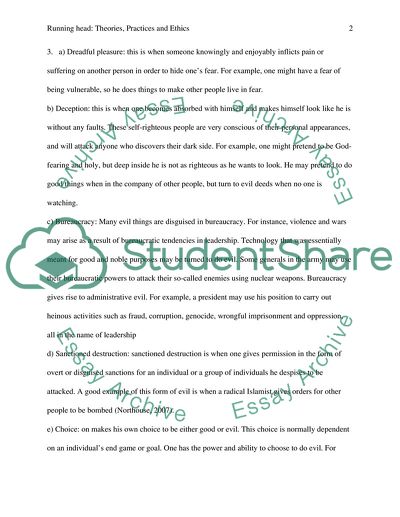Cite this document
(“Theories, Practices, and Ethics of Leadership Assignment - 1”, n.d.)
Retrieved from https://studentshare.org/philosophy/1571557-theories-practices-and-ethics-of-leadership
Retrieved from https://studentshare.org/philosophy/1571557-theories-practices-and-ethics-of-leadership
(Theories, Practices, and Ethics of Leadership Assignment - 1)
https://studentshare.org/philosophy/1571557-theories-practices-and-ethics-of-leadership.
https://studentshare.org/philosophy/1571557-theories-practices-and-ethics-of-leadership.
“Theories, Practices, and Ethics of Leadership Assignment - 1”, n.d. https://studentshare.org/philosophy/1571557-theories-practices-and-ethics-of-leadership.


